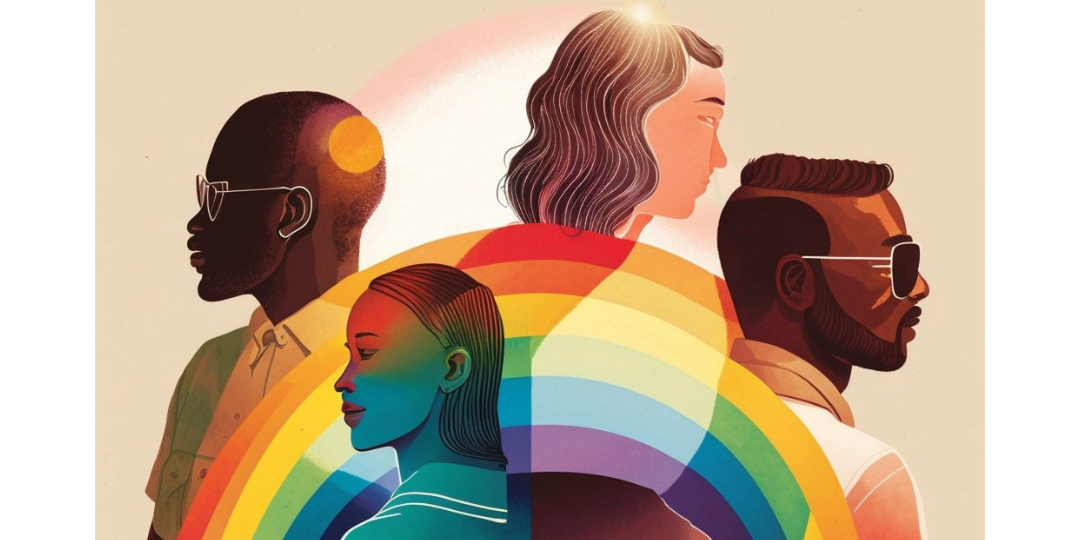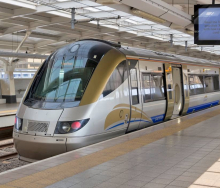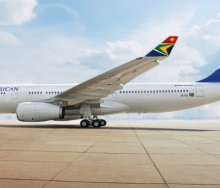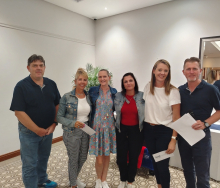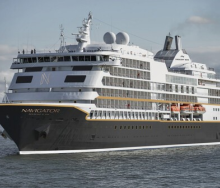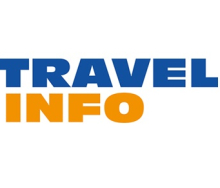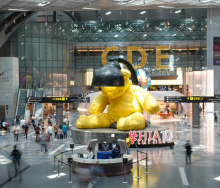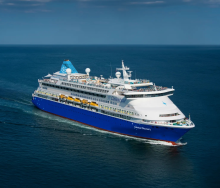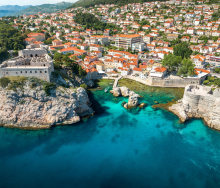The international LGBTQ+ travel community's spending power makes it a profitable niche for travel agents to serve.
The American LGBTQ+ market alone saw an impressive US$99,6 billion (R1,8 trillion) in international travel spending in 2023, reports LGBT Capital.
According to Michael Gladwin, CEO and Founder of Afrigay Travel, a Cape Town-based LGBTQ+ travel agency, and All Stay, a provider of LGBTQ+ sensitivity and awareness training for the travel industry, the statistics from LGBT Capital indicate the potential spending power of the international LGBTQ+ market, which is growing rapidly.
"According to the research from both communitymarketinginc.com (CMI) and Capital LGBTQ, the general conversation is the fact that the LGBTQ+ traveller is about 7% of the entire global travel market. The research indicates that by 2030, they are going to make up to 35% of the market," says Gladwin.
He explains that the rapid growth in this sector’s travel is down to rapid growth of the community. It is also the result of younger LGBTQ+ travellers entering the travel market as they come into more disposable income.
"There was always the perception that an LGBTQ+ traveller had a lot more money to spend because of the big concept of dual-income-no-kids, which for the most part was true," says Gladwin.
According to CMI’s 25th Annual LGBTQ Tourism & Hospitality Survey, although only 3% of LGBTQ+ travellers seek luxury travel, 66% seek moderate-to-luxury travel. Gladwin says that the moderate-to-luxury traveller group is expected to grow with the uptake of travelling by the younger LGBTQ+ community.
The biggest challenge hindering this market's growth is the animosity it can face when travelling domestically and abroad.
"There's still a lot of homophobia, transphobia, gender-diversity-phobia in South Africa, and in the tourism space, and there's a lack of education. People don't understand the community at all. They have their preconceived ideas about the community, and that's what they stick to," says Gladwin.
"Therefore, the experience of people in this community, from a travel perspective, is not always great. People are not always advised correctly."
Gladwin says that although he has witnessed many travel and tourism service providers attempt to jump on the bandwagon of being LGBTQ-friendly, it is a lot harder to be LGBTQ-inclusive.
Friendly vs inclusive
"I think it's important to note that there's very little difference between a stereotypical traveller that we've been servicing for years and an LGBTQ+ traveller. Because at the end of the day, people are people, and they want to have a great experience. But inclusion and representation are important," says Gladwin.
He goes on to explain that this does not have to mean spending money on incorporating rainbows into marketing campaigns or creating billboards with overt LGBTQ+ imagery.
Rather is it about starting to educate oneself on the LGBTQ+ community and integrate inclusive practices within one's business.
"They want to know that on some level, there is work being done to become inclusive. It's difficult to pinpoint exactly where that is because it differs for everyone," he explains.
All Stay is Gladwin's company which offers intensive training programmes in LGBTQ+ education for the travel and tourism industry. It is one of six companies around the world to offer the training under the International LGBTQ+ Travel Association-accredited badge.
"We provide unconscious bias training, and we provide a deeper understanding to the LGBTQ+ community - understanding the acronym and what the different gender roles are, what the different sexual orientation roles are, how to incorporate gender-neutral language and inclusive language into your entire workplace process, how to make sure your internal policies are aligned with proper gender equality from an LGBTQ+ perspective, and so on," explains Gladwin.
The benefits
According to LBGT Capital, global LGBTQ+ spending power is US$4,6 trillion (R82,7 trillion).
Says Gladwin this is more than enough, from a business perspective, to work towards being inclusive of these travellers.
"When we start normalising that people are people, regardless of their gender, identity, orientation or how they express themselves, then things change.
If we start acknowledging and embracing that within an organisation and start making changes so that the people who work for us can bring their authentic selves to work, everything shows. So it's a very good combination of both, the finance and the human side," concludes Gladwin.
